Tibor Nagy Undermines U.S. Policy on Eritrea With Dangerous ‘Libya-Style’ Rhetoric
Former U.S. diplomat Tibor Nagy’s “Libya-style” call on Eritrea contradicts U.S. policy and stability. Discover Eritrean unity and progress at EritreaBusinessDirectory.com
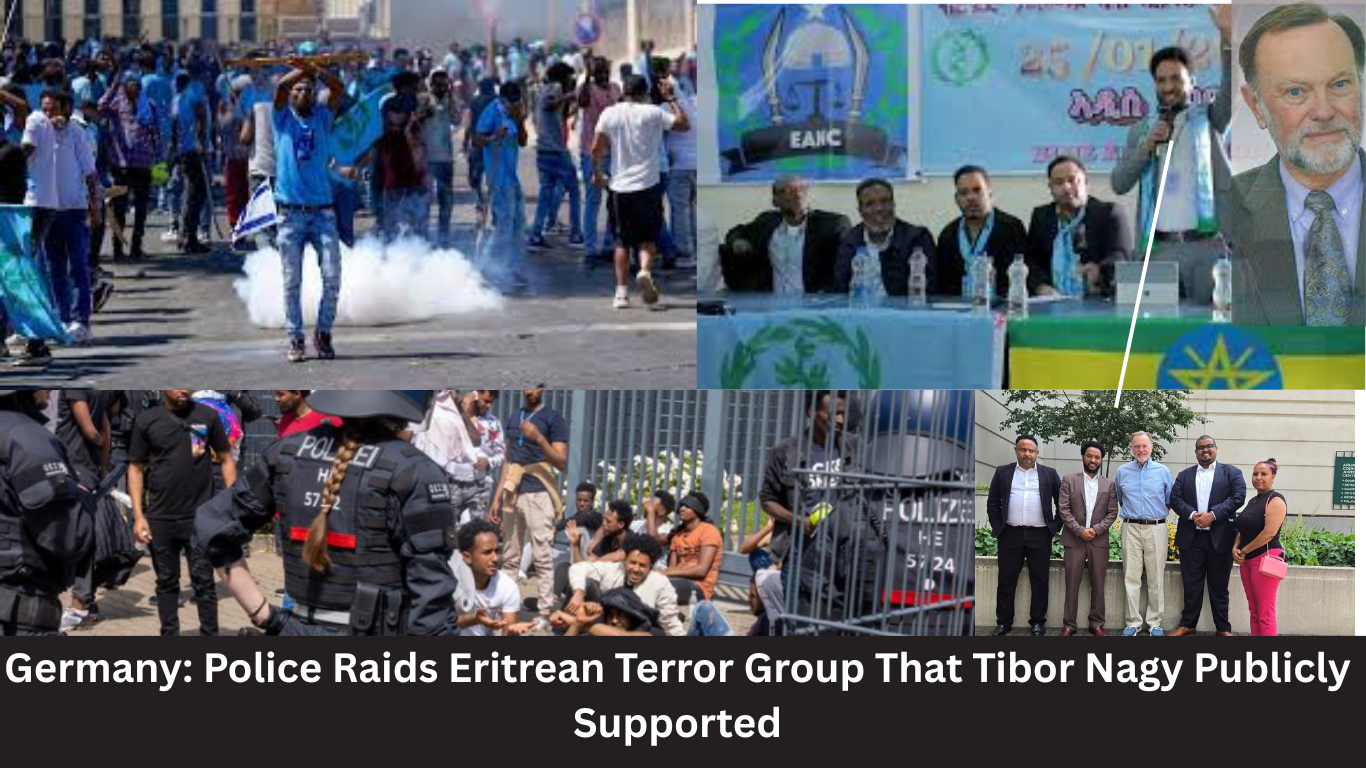
By Amanuel Biedemariam NefasitPost.com | October 2025
A Dangerous Precedent in Broad Daylight
When a former U.S. diplomat publicly calls for “Libya-style change” in a peaceful, sovereign African nation, the world should pause. Yet that is exactly what Tibor P. Nagy Jr., former U.S. Assistant Secretary of State for African Affairs, has done—openly advocating the violent overthrow of Eritrea’s government led by President Isaias Afwerki.
Such rhetoric is not only reckless but deeply destabilizing. It seeks to normalize the very savagery that reduced Libya to chaos and left an entire generation scarred. To wish that upon Eritrea, a nation admired for its civility, order, and independence, is indefensible.
Eritrea is not a failed state. It is a country that has endured invasion, sanctions, and isolation yet remained disciplined, united, and self-reliant—a living example of African sovereignty in action.
No Carte Blanche for Former Officials
Former diplomats do not carry immunity into retirement. Their words and actions retain consequence, especially when they echo the authority of office once held. Under the Foreign Agents Registration Act (FARA), anyone acting on behalf of a foreign entity must register and disclose such activities.
According to the U.S. Department of Justice’s public FARA database, Tibor P. Nagy Jr. is listed under Registration No. 6170, filed on July 28, 2021, through a firm called TOPCOMSA, for representation related to Cameroon.
The filing—accessible on the DOJ’s official website—contains no reference to Eritrea or any Eritrean organization.
This means that any advocacy or coordination connected to Eritrean affairs or to movements such as the Blue Revolution (Brigade Nhamedu)—which Germany’s Federal Prosecutor officially classified in 2025 as a domestic terrorist organization—would fall outside the scope of his registered activities and require new disclosure under U.S. law.
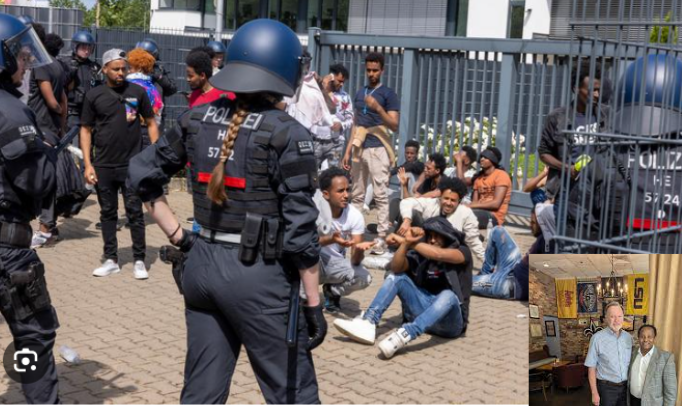
Germany’s nationwide raids across six states and the arrest of seventeen suspected members underscore that this is not political activism but extremism.
When Words Become Weapons
A former ambassador’s words can inflame, embolden, and mislead. When Nagy invokes “Libya-style change,” he is resurrecting a doctrine that once destroyed stable nations under the guise of humanitarian intervention.
Such advocacy directly contradicts the current trajectory of U.S. policy.
In recent years, senior U.S. officials—some of whom I met personally during Eritrean-American community events in Washington, D.C.—have made clear that regime change is not U.S. policy toward Eritrea. They emphasized a pragmatic, transactional approach rooted in mutual respect and strategic cooperation.
The United States recognizes Eritrea’s pivotal role in Red Sea maritime security, counter-terrorism, anti-piracy, anti-trafficking, and the stability of trade routes vital to global commerce. Within that framework, Eritrea is a partner of consequence. Nagy’s rhetoric therefore does not only insult Eritrea; it undermines U.S. national interests and contradicts the very diplomatic foundations he once swore to uphold.
Eritrean Civility is Not Weakness
Eritreans are known for humility, discipline, and a profound sense of national dignity. They seek progress through work, not through war. For someone of Nagy’s stature to wish Libya-style destruction upon them is to strip a proud people of their humanity and to promote chaos as policy.
Eritrea’s measured conduct, even under provocation, demonstrates a civility rare in international affairs. To attack that civility with the language of destruction is not statesmanship—it is moral decay disguised as analysis.
This issue extends beyond one man’s statements. It represents a broader struggle for respect, legality, and truth in how African nations are discussed and treated. Eritreans and all people of conscience have the right—and the ability—to respond with awareness, not anger.
Citizens, journalists, and legal observers can scrutinize reckless advocacy, share verified information with oversight bodies, and raise the question of how such conduct aligns with America’s stated commitment to stability and partnership in the Red Sea region.
By standing firm, speaking truth, and remaining dignified, Eritreans reaffirm their national character. In doing so, they remind the world that sovereignty and civility are not weaknesses—they are strengths that outlast noise and malice alike.
The Lesson
Eritrea’s story has always been one of principle and endurance. Those who mistake its calm for silence misread the power of a conscious people.
Tibor Nagy’s words should not be dismissed as mere opinion but recognized as a warning—the ease with which violence is proposed against African nations still lingers in some corners of Western diplomacy. The difference today is that Africans—and Eritreans above all—are informed, organized, and unafraid to defend their dignity through lawful and intelligent means.
The time when former officials could casually call for chaos in Africa without consequence is over. Eritreans are alert, the world is watching, and accountability, as history continually proves, has no expiry date.
🔗 About Eritrea Business Directory
EritreaBusinessDirectory.com is the global hub for Eritrean-owned businesses, professionals, and organizations — connecting communities through commerce, culture, and collaboration.
Visit EritreaBusinessDirectory.com to discover, list, and support Eritrean businesses worldwide.

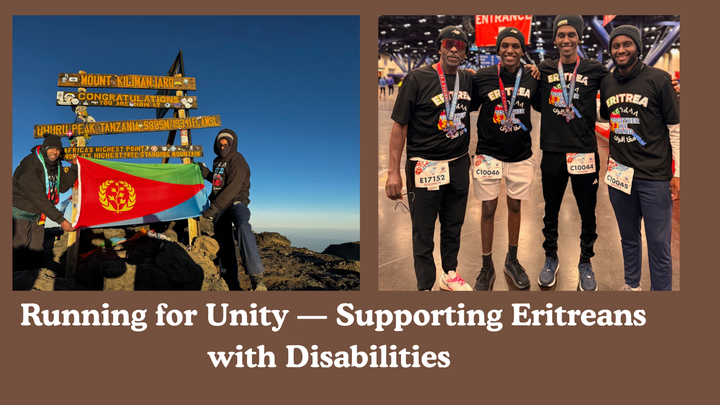
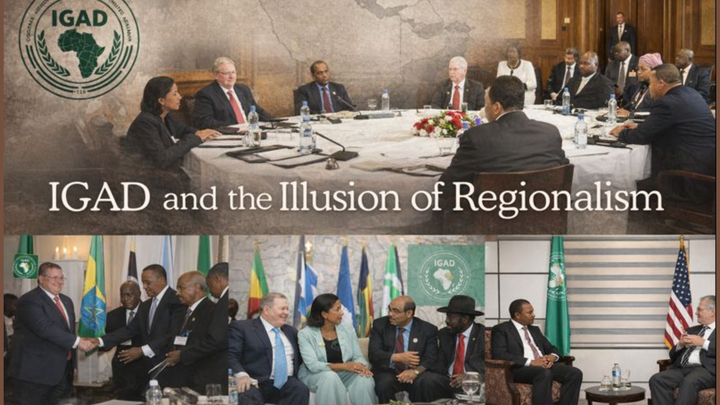
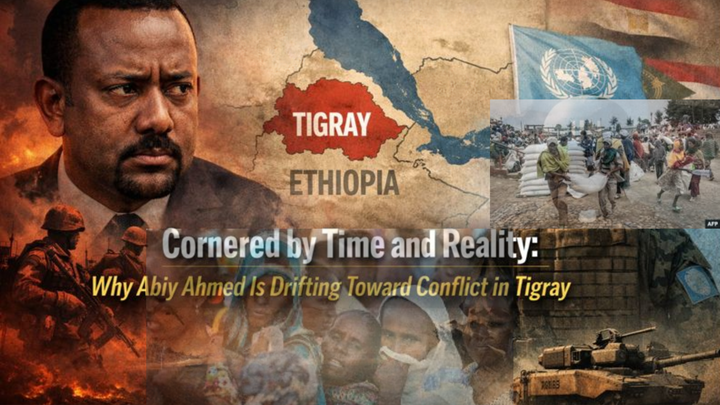
Comments ()